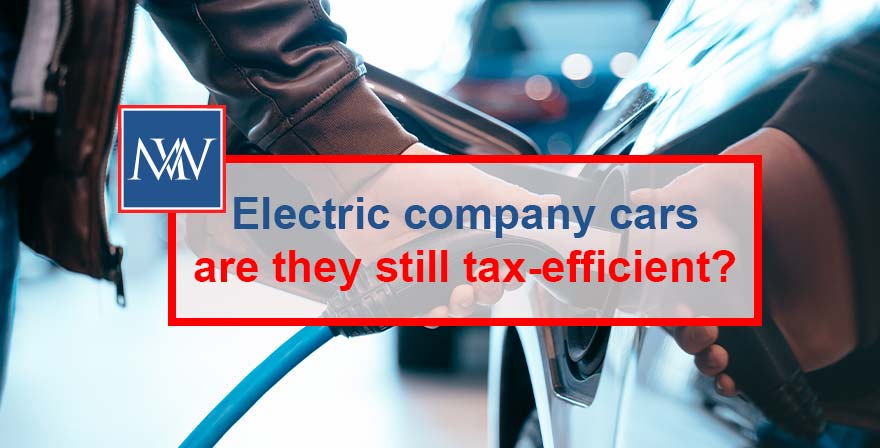
Electric company cars – are they still tax-efficient?
Tax policy is used to influence behaviour as well as to collect revenue. One example where this is the case is the company car tax rules which tax high emission cars heavily and reward drivers for choosing electric and low emission models.
Why emissions matter for tax?
Where an employee has a company car that is available for his or her private use, they are taxed on the benefit that this provide. The taxable amount is a percentage – the appropriate percentage – of the list price of the car and optional accessories. The charge is adjusted to reflect capital contributions made by the employee (capped at £5,000), certain periods when the car was unavailable and any payments for private use.
The appropriate percentage depends, in the main, on the CO2 emissions of the vehicle, with a lower charge applying to cars with lower emissions. For 2020/21 and 2021/22, it also depends on whether the car was registered before 6 April 2020 or on or after this date (the way in which emissions were measured changed for cars first registered on or after 6 April 2020). However, the rates are aligned from 6 April 2022.
Where the car’s emissions fall in 1—50g/km band, the electric range of the car also has a bearing on the emissions, with a lower percentage applying to cars with a greater electric range. The electric range is the distance that can be covered on a single charge.
A supplement of 4% applies to diesel cars which do not meet the RDE2 emissions standard. However, the percentage is capped at 37%.
Looking ahead – 2022/23 and beyond
For 2022/23 the appropriate percentages range from 2% for cars with zero emissions and those with CO2 emissions in the 1—50g/km band with an electric range of more than 130 miles to 37% for cars with CO2 emissions of 160g/km or more. For diesel cars not meeting the RDE standard, the maximum percentage of 37% applies to cars with emissions of 145g/km and above.
While it is no longer possible to enjoy a tax-free electric car (as was the case in 2020/21), the charge remains very low at 2% of the list price. This means that, for example, the taxable amount for an electric company car costing £30,000 is only £600, which will cost a basic rate taxpayer £120 in tax for the year and a higher rate taxpayer £240 in tax for the year. Even with a more expensive car costing £50,000, the taxable amount of £1,000 means that a higher rate taxpayer will only pay tax of £400 for the year. If a fully electric car is not viable, the same result is achieved with a hybrid with an electric range of 130 miles (and emission in the 1—50g/km band).
The appropriate percentages applying for 2022/23 remain unchanged for 2023/24 and 2024/25, meaning that electric and low efficient cars remain a tax efficient benefit for the next few years at least.
For more information , Book a Free Consultation
Need Accountancy Support?
For information on bespoke training, or if you have any other questions for Makesworth Accountant, please fill in your details below




















 148
148